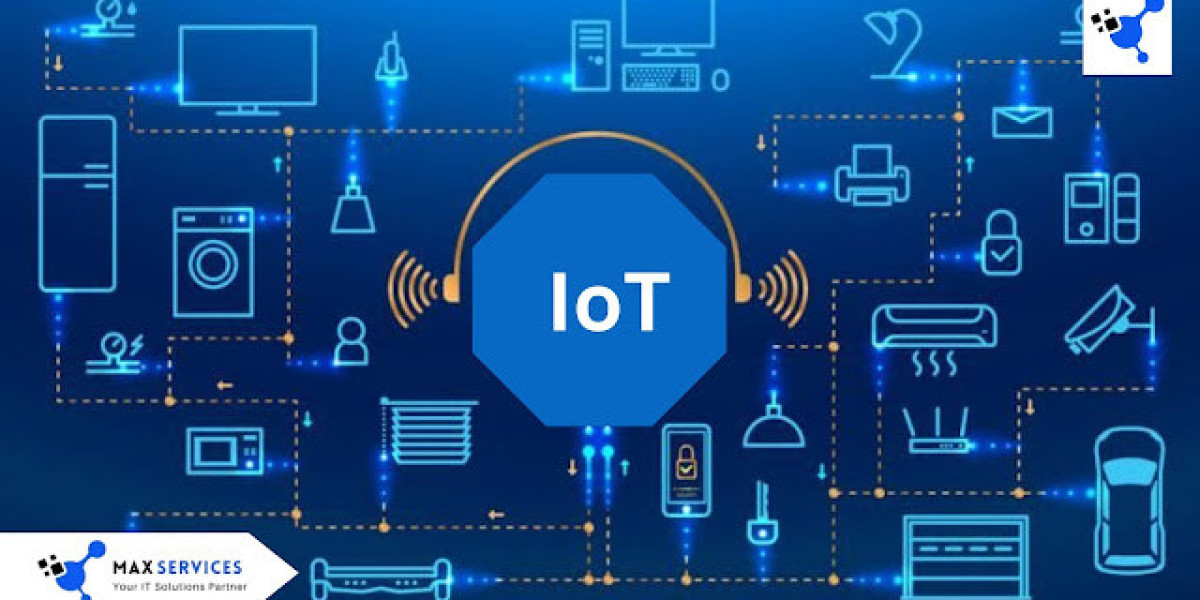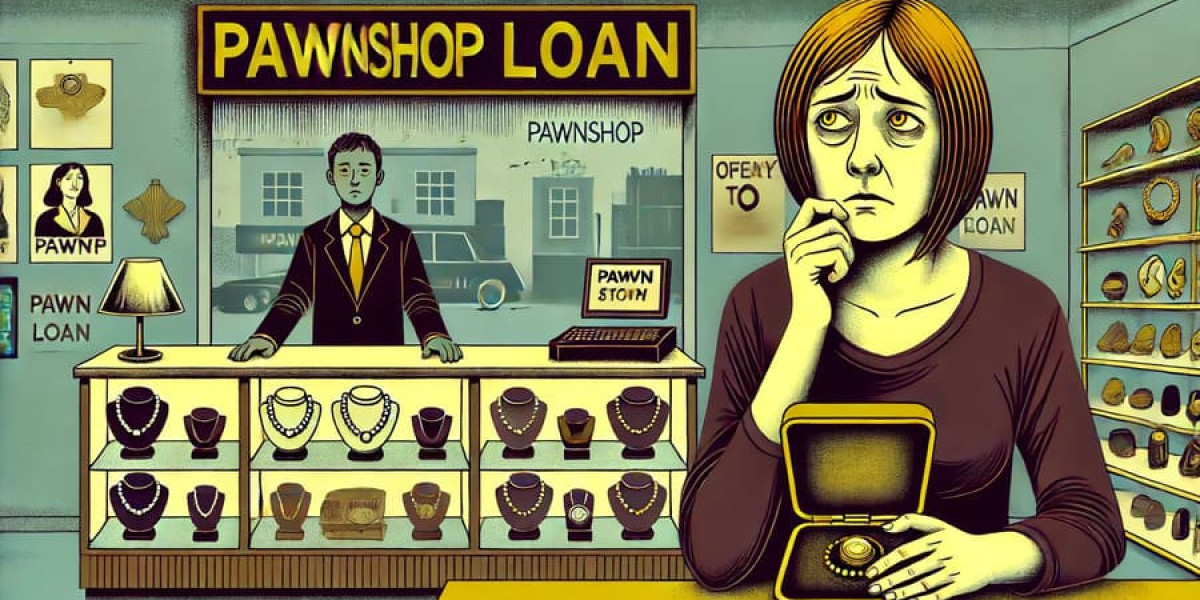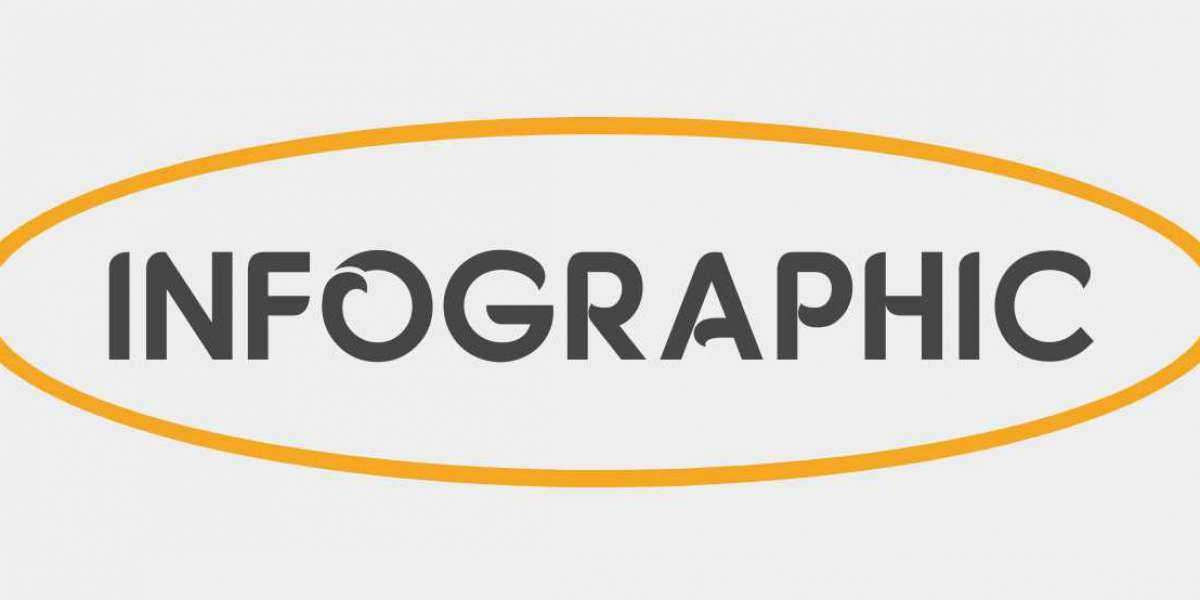Internet of Things (IoT) in Manufacturing The Emergence of Smart Factories
IoT is transforming manufacturing with the advent of "smart factories," where interconnected machines, sensors, and equipment enable automation and enhanced operational efficiency.
Key Innovations:Automation and Robotics: IoT-powered robotics enhance production rates and precision while reducing human error. These smart systems work alongside human operators in tasks like assembly, packaging, and material handling, leading to higher quality and cost efficiency.
Supply Chain Optimization: IoT technologies such as RFID tags and GPS devices provide real-time insights into inventory levels, shipment tracking, and delivery schedules. This improves inventory management, reduces stockouts, and enhances overall supply chain performance.
Internet of Things (IoT) in Healthcare: Transforming Patient Care
IoT is revolutionizing healthcare by improving patient outcomes, reducing costs, and streamlining operations.
Key Innovations:Remote Patient Monitoring: Wearable devices and home health monitors provide continuous data on vital signs like heart rate and glucose levels, enabling early detection of complications and timely intervention.
Telemedicine and Virtual Care: IoT supports remote consultations and diagnostics, increasing healthcare access, particularly in underserved areas.
Smart Hospitals: IoT-based systems, such as smart beds and asset tracking tools, enhance patient care and hospital operations, ensuring timely assistance and efficient resource management.
Internet of Things (IoT) in Transportation: Advancing Mobility and Safety
IoT innovations are reshaping transportation with connected vehicles, intelligent traffic systems, and smart infrastructure.
Key Innovations:Connected Vehicles: IoT integrates sensors and GPS devices into vehicles for real-time data sharing, optimizing traffic flow, and improving safety.
Fleet Management: IoT enables real-time tracking of vehicles and driver behavior, optimizing routes, reducing fuel consumption, and ensuring timely deliveries.
Smart Infrastructure: IoT-powered systems adjust traffic signals and manage parking availability, reducing congestion and promoting efficient urban mobility.
Internet of Things (IoT) in Agriculture: Driving Precision Farming
IoT is transforming agriculture by enabling data-driven, sustainable practices.
Key Innovations:Precision Agriculture: Sensors measure soil conditions and crop health, allowing targeted irrigation, fertilization, and pest control to optimize resource use and increase yields.
Smart Irrigation Systems: IoT systems use real-time data to optimize water usage, conserving resources and improving crop productivity.
Internet of Things (IoT) in Retail: Elevating Customer Experiences
Retailers are leveraging Internet of Things (IoT) to enhance customer satisfaction and operational efficiency.
Key Innovations:Smart Stores: Internet of Things (IoT)-enabled shelves track product availability, and smart mirrors provide virtual try-ons, offering personalized shopping experiences.
Inventory Management: Real-time data from RFID tags ensures optimal stock levels, reducing overstocking and stockouts.
Supply Chain Transparency: IoT devices track goods in real-time, ensuring timely deliveries and reducing product damage risks.
Challenges and Future Outlook
While IoT holds immense potential, challenges remain:
Security and Privacy: Protecting devices and sensitive data with cybersecurity from cyber threats is critical.
Data Management: Managing the vast data generated by Internet of Things (IoT) devices requires robust infrastructure and analytics capabilities.
Interoperability: Ensuring seamless communication among diverse IoT devices is a challenge that requires standardization.
Conclusion
Despite challenges, its benefits far outweigh the risks, offering industries unparalleled opportunities for growth and transformation. Embracing IoT will unlock new possibilities, shaping the future of business and society.








